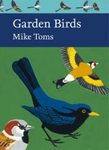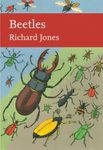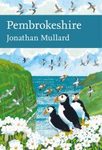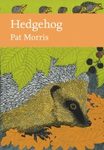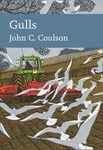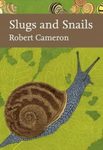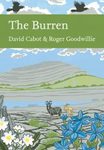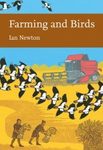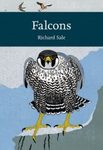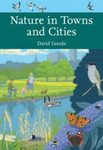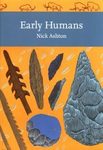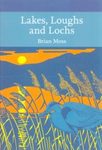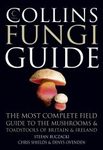Monograph
By: Brian Spooner(Author), Peter Roberts(Author)
608 pages, 32 colour plates; 250 b/w illustrations
A comprehensive account of the natural history of fungi, from their lifestyle, habitats and ecology to their uses for humans
![Fungi Fungi]()
Click to have a closer look
About this book
Contents
Related titles
About this book
Complete your New Naturalist collection with Harper Collins's facsimile versions, which are printed on demand. Fungi was first published in 2005.
How do we use fungi in medicine? How can we identify edible mushrooms? Brian Spooner and Peter Roberts are both widely respected experts in fungi from the Royal Botanic Gardens at Kew. In this highly authoritative guide they examine all aspects of fungi, from their lifestyle and habitats to their diverse reproductive strategies. New Naturalist Fungi covers all aspects of the subject including:
- The biology and evolution of fungi
- Fungi as agents of growth and decay
- The relation of fungi to man, mammals and parasites
- Their natural and man-made habitats
Exploring the rich variety of mushrooms and toadstools found living in woodlands, grasslands, coastlines, rivers, and man-made habitats such as compost heaps, this New Naturalist volume is packed with information covering virtually every aspect of fungi. There is even a section on fungi in folklore and how humans have used fungi for medicinal purposes. With practical tips on collecting, preserving and identifying fungi, this is an ideal reference guide for enthusiastic amateurs and professionals alike.
Contents
Contents:
Editors' Preface
Authors' Foreword and Acknowledgements
Niether Animals nor Plants
Evolution and Diversity
Agents of Decay
Mycorrhizas: Promoters of Growth
Partners and Providers
Parasites and Predators
Dispersal
Grass and Grassland
Trees and Woodland
Dunes and Heathland
Freshwater
Marine and Salt Marsh
Specialised Natural Habitsts
Manmade Habitats
Fungi and Health
Folklore and Traditional Use
Food and Technology
Conservation
Glossary
References
Index
Customer Reviews
Monograph
By: Brian Spooner(Author), Peter Roberts(Author)
608 pages, 32 colour plates; 250 b/w illustrations
A comprehensive account of the natural history of fungi, from their lifestyle, habitats and ecology to their uses for humans
"At last we have an accessible guide to the wonderland of Fungi [...] This is a fantastic book in every sense. Perhaps surprisingly, it's also an enjoyable read. [...] This is the only book, to my knowledge, to review the full range of living fungi in good, accessible English [...] Spooner and Roberts deserve our gratitude for producing a book that takes field mycology into the new century without losing its roots in field study."
– BBC Wildlife Magazine
"It opens up a whole new kingdom [...] the dust jacket is wonderfully traditional [...] this book will stand as a remarkable volume in this much loved series."
– Natur Cymru













